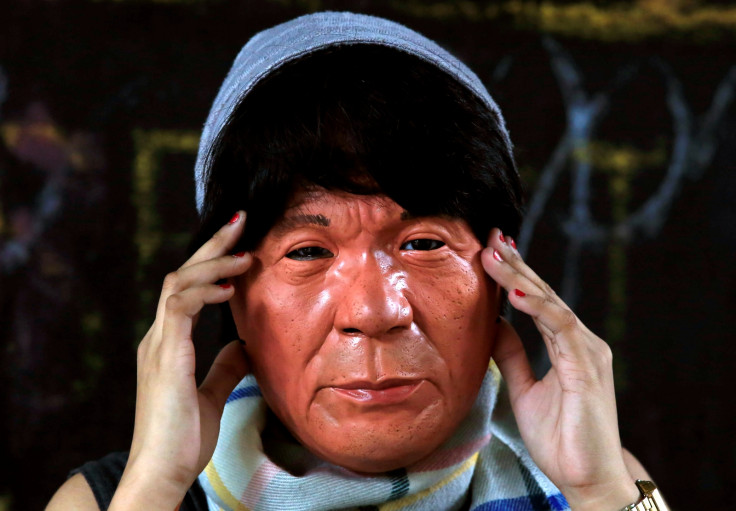Will firebrand Duterte don a diplomatic hat to charm China?
The Philippines president will be accompanied by a 400-strong business delegation to China on his three-day visit.

Philippines President Rodrigo Duterte's diplomatic skills would be put to the test when he visits China this week as he embarks on multiple state visits, which will also take him to Japan and Brunei. The tough-talking and foul-mouthed leader, who is rapidly becoming notorious at global political circles for throwing political tantrums, will have a tough time negotiating with Beijing.
While Duterte, nicknamed "The Punisher", desperately wants to lure China for its business deals to set things right in his country, he has also promised not to give up the Philippines' territorial claims in the South China Sea. Duterte, accompanied by a large business delegation, will land in China for a three-day visit starting on Tuesday (18 October). About 400 Filipino entrepreneurs including some of the wealthiest tycoons in the country are part of Duterte's entourage.
In an apparent comment directed more at his domestic audience, the Filipino leader, who once promised to use a jet ski to snatch away the disputed reef claimed by China before he became president, has said there will be no "hard impositions" during the give-and-take play with Beijing. The 71-year-old populist president has been in office for just over 100 days and has sent mixed signals when it comes to articulating the country's foreign policies leaving other nations to wonder if he would recalibrate the strategic calculus in the Southeast Asia.
"We will stick with our claim. We do not bargain anything there. We continue to insist that it is ours, that the tribunal, the international decision will be taken up but there will be no hard impositions. We will talk and we will maybe paraphrase everything in the judgment and set the limits of our territories, the special economic zones. There will be no bargaining there. It is ours," Duterte told reporters at the Davao International Airport just before boarding the flight to Brunei.
He was referring to the ruling of the international tribunal at The Hague, which came in favour of Manila against Beijing's unilateral sovereign claims in the South China Sea. The verdict came in July but Beijing has entirely rejected the decision saying it is no party to the judgment. Duterte, who also insisted that the dispute should be resolved through bilateral talks, added, albeit a bit cautiously: "When you go there, we only want to talk. And remember there are only two options: We go to trouble or we talk. We can choose to pass there in between."
Analysts have also kept their fingers crossed on whether Duterte would leverage his recent anti-US rhetoric as a bargaining chip to advance ties with China — a move he has openly expressed in the run-up to his visit. Relations with China, the Philippines' biggest trading partner, have gone through testing times in recent years due to bitter territorial claims and it is a wait-and-watch game to see whether Duterte would use his upcoming visit to reset the equations.
On its part, the foreign ministry of China, which also looks to ensnare the key American ally into its orbit of influence, has said Duterte's tour would "help increase political mutual trust, strengthen pragmatic cooperation [and] extend traditional friendship".
© Copyright IBTimes 2025. All rights reserved.






















